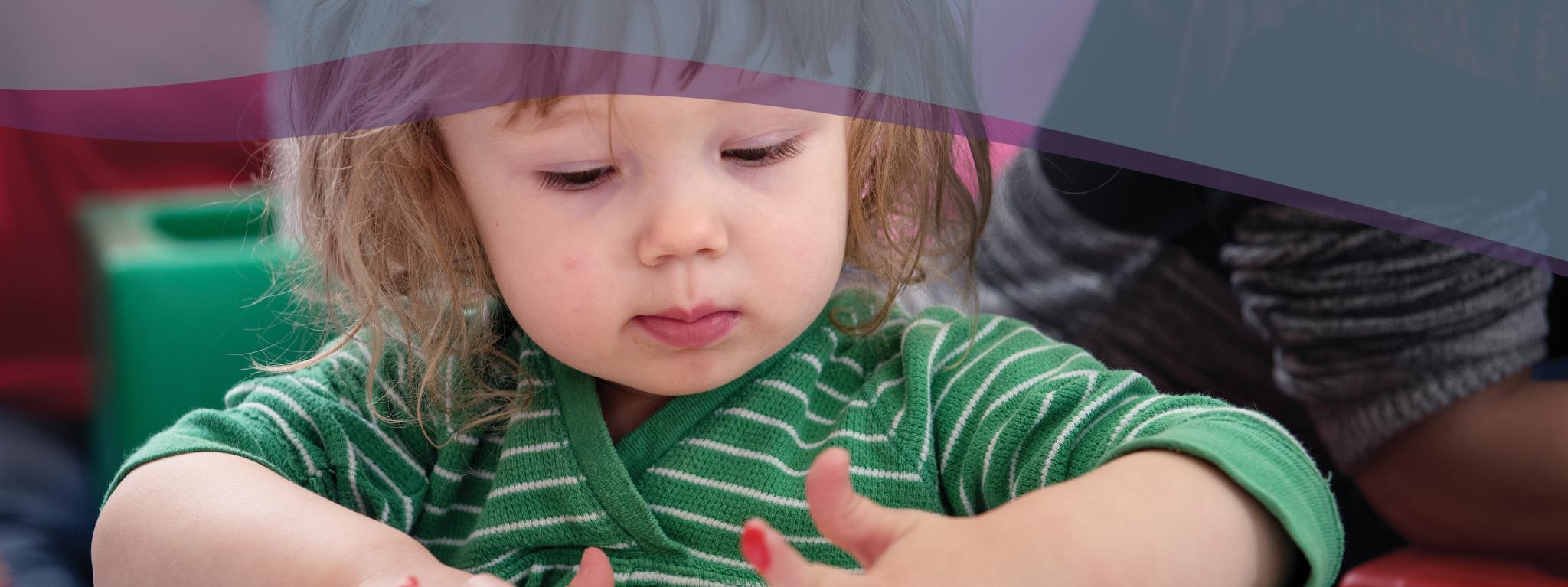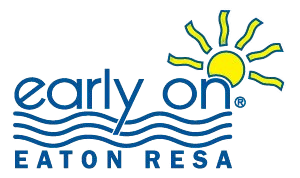
 Early Intervention Services
Early Intervention Services
Early intervention focuses on helping eligible families with infants and toddlers learn the basic and brand-new skills that typically develop during the first three years of life.
Early On
Early On is a program that provides services for families with children who are birth to age 3 with developmental delays or are at risk of developing delays due to an established medical condition or disability.Early On partners with families to assist in finding services and supports for their children. Services are free to families, and there are no income eligibility requirements.
FAQ
What is a Developmental Delay?
A developmental delay is seen when a child’s rate of growth and learning is different from that of most children the same age.
A developmental delay may be in one of the following areas:
- Thinking
- Talking
- Hearing
- Seeing
- Moving
- Taking care of basic needs
- Responding to others
Who Can Receive Early On Services?
Early On is available to any Eaton County family with a child from age 0-3 who has a developmental delay or an established medical condition.
Who Can Refer a Child? / How Do I Make Referral?
Any concerned adult may make a referral for a child if they suspect a developmental delay or if the child has a pre-existing health condition(s).
Early On Referral Form (for ages 0-3 only)
Developmental Milestones
Each baby goes through developmental stages but remember, no two children develop and grow at exactly the same pace.
The guide below from 1800earlyon.org lists a few thing you can look for as you watch your child's growth and development.
By 2 months your baby should...
- Hold head erect, bobbing when supported in sitting position
- Imitate or respond with occasional smile to smiling person
- Follows a moving person with their eyes
- Vocalize
- Move both legs and arms equally well
By 4 months your baby should...
- Have good head control
- Roll from side to side
- Begin reaching
- Laugh aloud
- Take objects, such as a rattle, when held near hand
- Follow moving objects when held in sitting position
- Enjoy play
By 6 months your baby should...
- Sit with a little help
- Roll from back to stomach
- Support weight; bounce activity
- Babble - more than 2 sounds
- Hold 1 toy and reach for another
By 9 months your baby should...
- Sit alone - change position without falling
- Creep or crawl on all fours
- Express affection
- Hold 2 objects at the same time
- Say mama/dada
- Show fear of strangers
By 12 months your baby should...
- Pull self up to standing - may take steps with support
- Pick things up with thumb and 1 finger
- Put toy in another
- Give toy on request
- Give affection
- Follow simple directions accompanied by gestures
- Say 2 or 3 words
By 2 years your toddler should...
- Kick a large ball
- Turn pages of a book
- Imitate housework
- Ask for items by name
- Recognize familiar pictures and know if it is upside down
- Use 2 or 3 words together, such as "more juice
By 3 years your toddler should...
- Walk up stairs
- Stand momentarily on 1 foot
- Jump up with both feet
- Feed themselves
- Put on a coat with help
- Verbalize toilet needs
Early On Referral
If you have questions or concerns about how your child is growing or developing, you may want to talk to your child's doctor or complete the Early On Referral Form (for ages 0-3 only).
